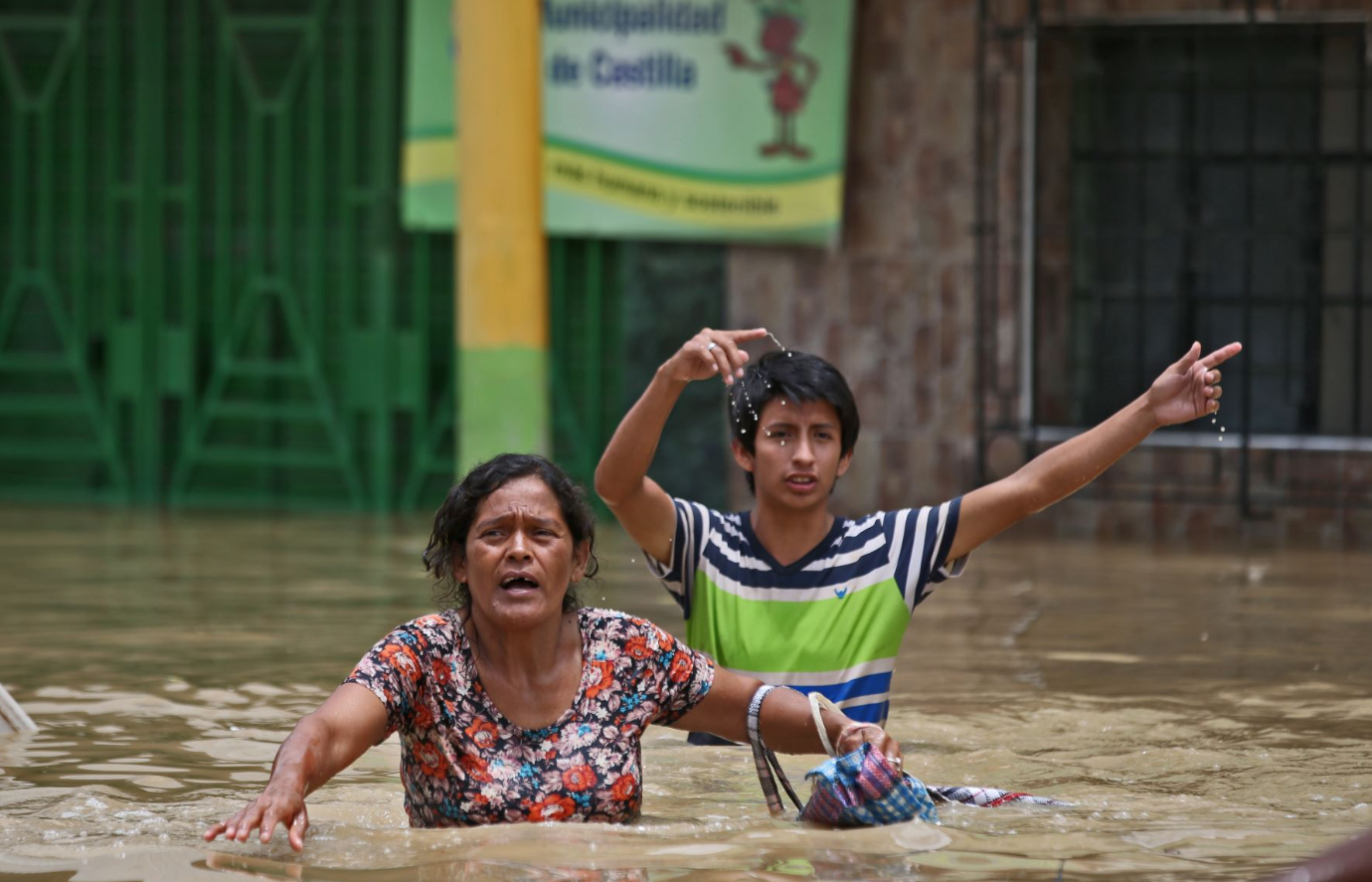Co-author Carole Faucher
Besides wiping livestock, crops, homes – in essence, people’s sources of income and wellbeing conditions– hurricanes are especially cruel to education. They damage and destroy school infrastructure, equipment and teaching materials, and ensuing flooding and mudslides impede access to schools by teachers and students. In the aftermath, schools are often used as shelters, bringing lessons to a further halt. The numbers are staggering: in 2016, hurricane Matthew damaged 300 schools in Haiti; in 2021, Eta and Iota impacted 76 schools in Nicaragua and 340 in Guatemala.
Climate change is causing more frequent and more severe weather events, and 2022 is no exception. As an example, 2020, the most active Atlantic hurricane season on record, featured 30 named storms, including 14 hurricanes of which seven became major hurricanes. Storms never come alone; that same year, they clashed with the peak of the Covid-19 pandemic, which left 170 million students without one out of two effective school days in more than two years in the region. The impact on attendance and, therefore, learning achievements, are unprecedented, as is the increase in desertion rates. The estimated loss adds to 1.5 years of learning.
Slow climate change related events such as an increase in surface and ocean temperatures, and in the frequency and intensity of heatwaves and drought, are also expected to continue unfolding in Latin America and the Caribbean. But decision makers are grossly unaware of the repercussion of extreme heat on children’s development from the time they are in their mothers’ womb and, during school years, on their ability to concentrate in class and their general wellbeing. All this means that completing secondary education, a key determinant of life chances, has become more challenging.
Concurrently, we must consider that the school should be more than a place of learning; it must provide space for students to develop social and emotional connections, as highlighted in the recently published International Science and Evidence Based Education (ISEE) Assessment. However, although this UNESCO report states that climate change has the potential to corrode social cohesion and interaction, it fails to explicitly identify how. In light of this, it is crucial that we all agree on the fact that, without school infrastructure or physical access to schools students have fewer opportunities to create the relationships through which they can flourish.
The WHO’s Health Promoting Schools (HPS) framework aptly advanced the notion that educational policy and programs must pay attention to the school physical environment. Sadly, the HPS approach never really took off in Latin America and the Caribbean, despite the fact that in a large proportion of schools, the access to the most basic necessities, such as safe drinking water, sanitation and hygiene remains extremely limited.
Furthermore, although HPS provides a useful theoretical approach, its assumption is that there is a school infrastructure –even if basic– where a single teacher or a team of principals, staff and teachers can work to create a sense of community and empowerment towards bringing about change. But there is little evidence that the region is having at least a discussion on what the future of schools looks like in the current climate change emergency.
Like in a war, as the region is still struggling to recover from the Covid-19 pandemic, roads and footpaths, and small and large school buildings, will continue to be scraped away together with livelihoods and sources of income. After witnessing governments in Latin America and the Caribbean facing tremendous difficulties adapting to change during the pandemic, for example, neglecting to create other options for learning and socializing, how can we expect policy and decision makers to imagine a different, viable future for schools that would seriously take into account the climate change crisis that is unfolding right before us?
Schools confront a variety of challenges in the region, but climate change may represent the greatest of them because it threatens the very foundations of what we think a school should be. A building that is at the heart of a community invested in the new generations, one where parents want their children to be safe and happy. Indeed, one of the bravest acts of resistance in Latin America and the Caribbean will increasingly involve protecting the right of students to physically remain in school.
There isn’t a vaccine or a face mask, or a similarly concrete measure, to help students continue their education when schools must confront the extraordinary magnitude of events caused by climate change. Revitalized visions of education require crossing the more traditional boundaries of educational understanding and planning. Are governments and key actors in the field of education across Latin America and the Caribbean ready to make the step forward?
Carole Faucher is an anthropologist at the Moray House School of Education and Sport, University of Edinburgh. She is a research affiliate of the UNESCO Chair in Global Health and Education and senior advisor of the Advisory Board of the Nordic Center for Conflict Transformation.












